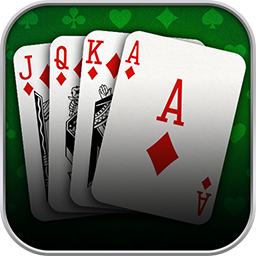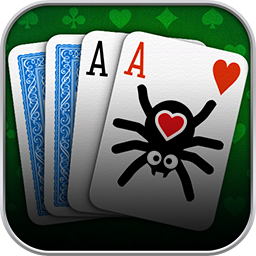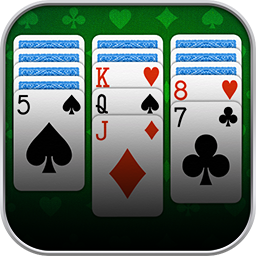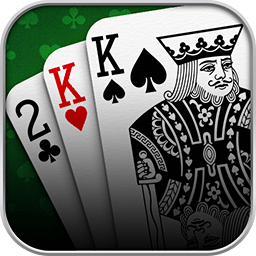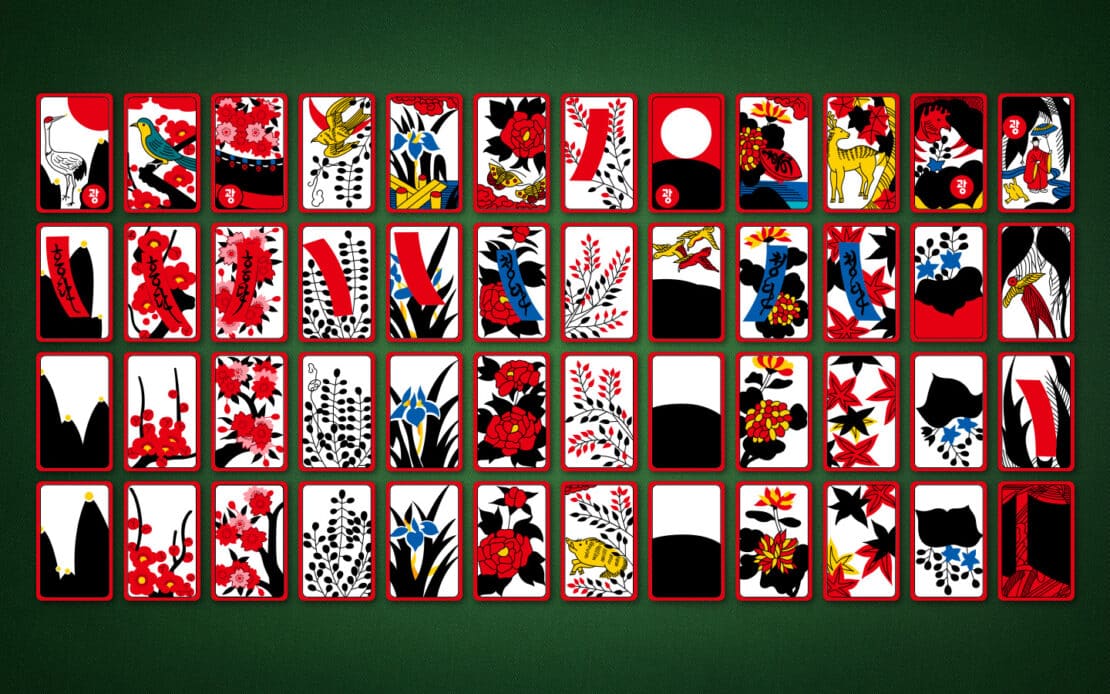
Go-Stop (고스톱) is a Korean fishing and combination card game for two to four players. The objective is to be the first player to collect sets of cards and score points.
You will typically play Go-Stop with a deck of 48 Hanafuda cards, a type of Japanese playing cards divided into twelve suits, representing months of the year. Each suit is designated by a flower and has four cards.
The dealer starts by shuffling the deck and dealing eight cards to each player and eight cards face-up onto the table. The remaining cards face-down as the draw pile.
Next, the player on the dealer’s left tries to play a card from their hand, matching the suit (month) of a card on the table.
- If that works, the player gets to pick up the card from the middle of the table.
- If the player has no cards matching the suit of any card on the table, the player discards a card to the table.
Then, the player reveals the draw pile’s top card. If it matches a suit on the table, they collect both cards. Otherwise, the drawn card is added to the table. Then, the next player’s turn begins.
The cards picked up from the table can be used to form specific combinations in the players’ hands in order to score a predetermined number of points, ususally three and seven. Players must pay attention to the cards they have and the cards played by others in order to collect the most valuable sets and maximize their score.
Accumulating points works by collecting groups of card types from multiple months or suits.
- three or more of the five Bright cards (three to 50 points)
- five or more of the nine Ribbon cards. (five Ribbon cards = one point, and each additional Ribbon card = one additional point)
- five or more of the nine Animal cards (five Animal cards = one point, and each additional Animal card = one additional point)
- ten or more Junk cards, as in, any card not in the other three groups (ten Junk cards = one point, each additional card one additional point).
Scoring comes at the game’s end, which is triggered by a player saying “Stop”. Each player must make one of the calls “Stop” or “Go” after accumulating at least three or seven points.
- When a “Go” is called, the game continues, and as a reward, the number of points is first increased, then doubled, tripled, quadrupled, and so on. But a player calling “Go” risks another player scoring the minimum and winning all the points themselves.
- If a single “Stop” is called, the game ends, and this player is the winner!
When “Stop” is called, any non-winning players who have called “Go” will get a penalty, calculated from the winning player’s total points. There are many more intricate rules for adding penalty points, as well as optional rules for Go-Stop.

